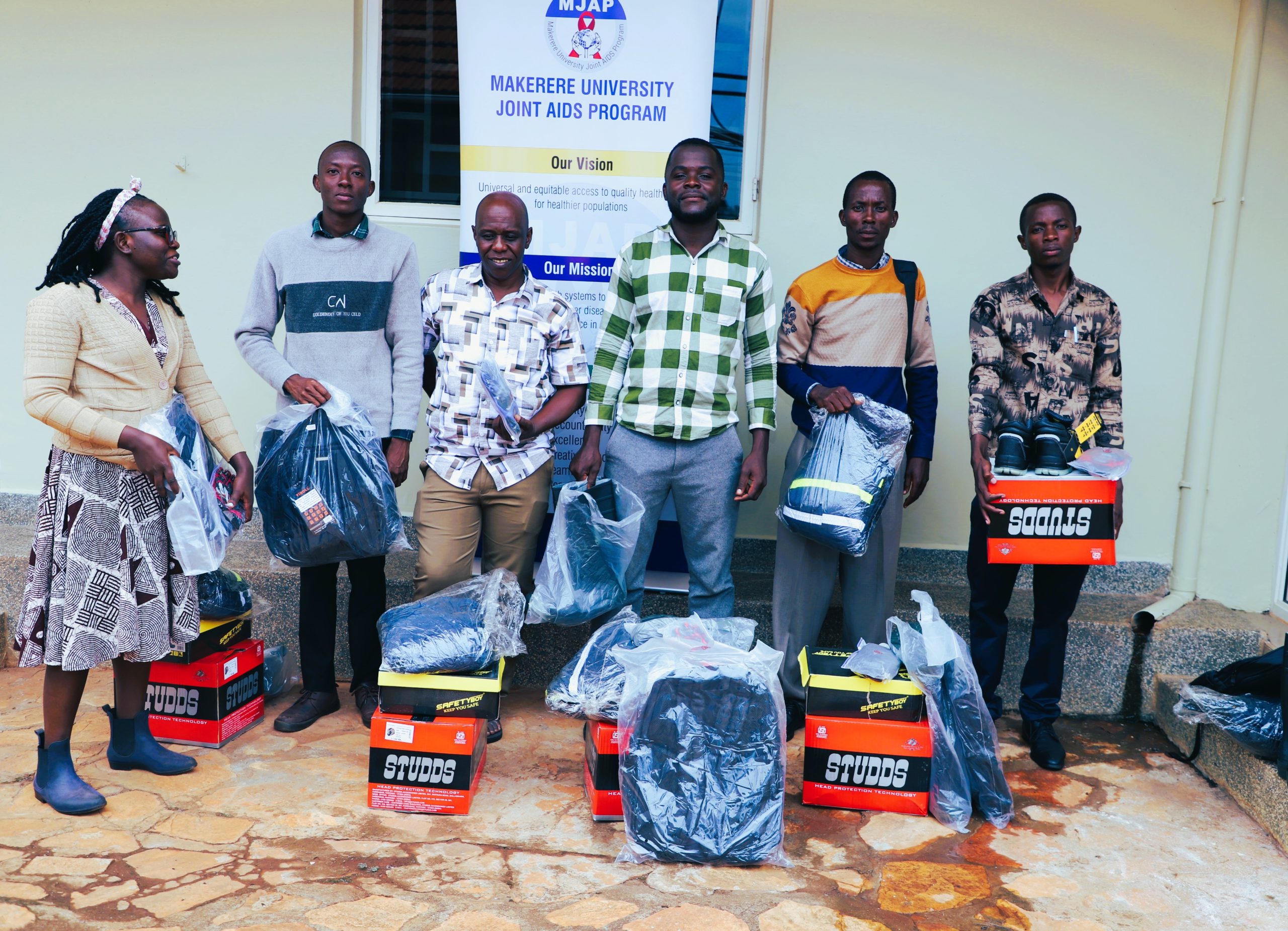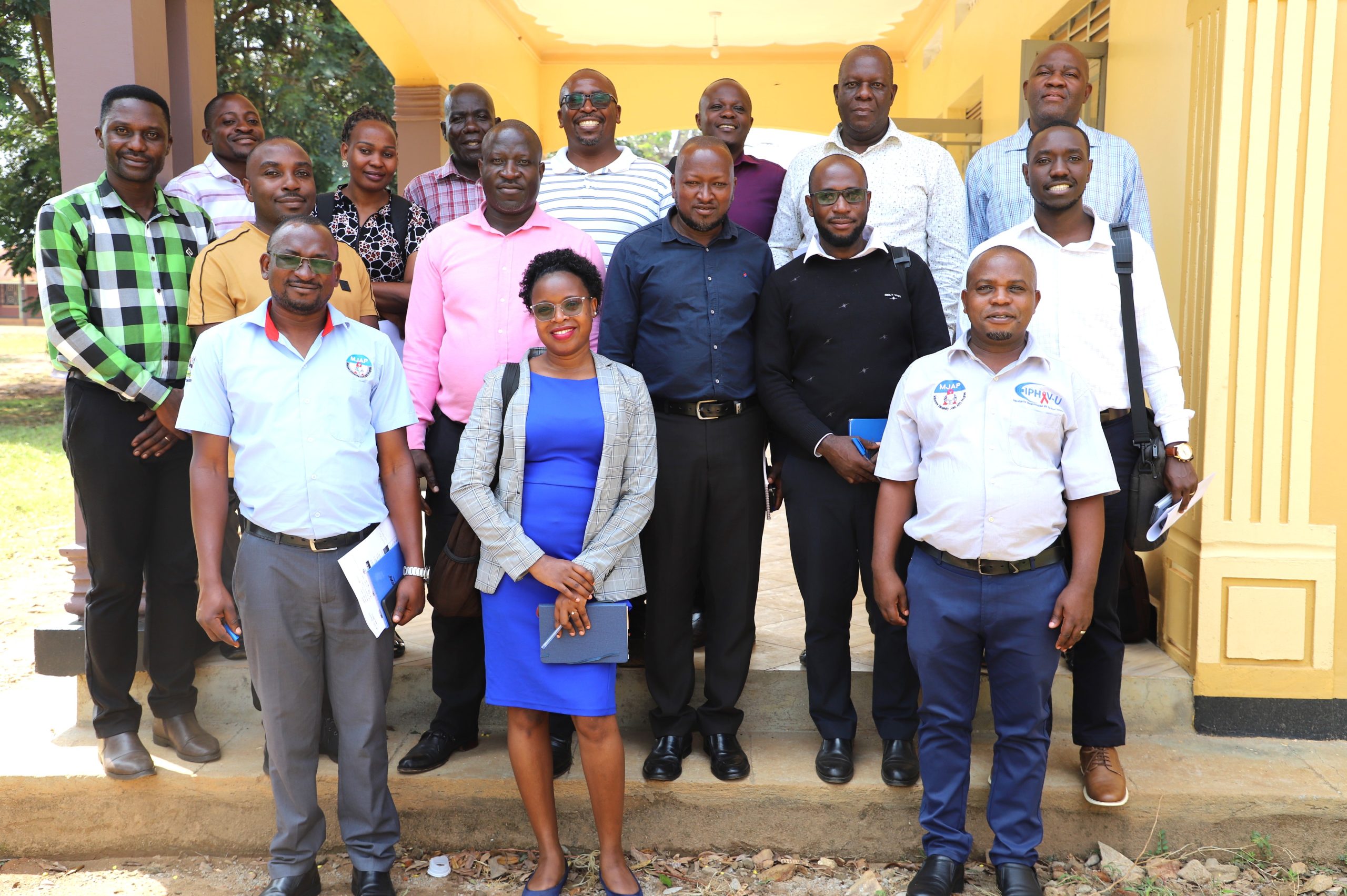The Makerere University Joint AIDS Program (MJAP), through its capacity-building initiative, the Education for Interprofessional HIV Service Delivery in Uganda (EIPHIV-U) project continues to intensify efforts to integrate Interprofessional Education (IPE) and Interprofessional Practice (IPP) as foundational approaches to improving HIV care across Uganda and in partner institutions across Africa.
By forging strong partnerships with districts and other implementing partners, MJAP enhances its visibility and impact not only across Uganda but also in other African regions. The EIPHIV-U project has continued to employ a blended mentorship model, combining virtual and in-person engagements with frontline healthcare providers. Currently, the project is working with selected 17 health facilities in the Masaka and Wakiso, and 16 health facilities in Busoga region.
Beyond Uganda, EIPHIV-U extends technical oversight and support to five partner universities/institutions across Africa, helping them implement similar interprofessional approaches within their local contexts. The five institutions include the University of Nairobi, Kwame Nkrumah University of Science and Technology in Ghana, Ibadan University in Nigeria, Scott College of nursing in Lesotho and University of Ethiopia. All these efforts are made possible with the support for University of California St. Francisco (UCSF).
These capacity-building initiatives are tailored to address specific performance gaps identified through baseline assessments at each facility. Healthcare teams receive focused mentorship on key HIV care and treatment indicators, with priority placed on areas critical to national program targets and those with the highest potential for quality improvement.
Over the project implementation, the project has realized the following achievements;
- Trained and mentored over 2000 interprofessional health care providers
- Engaged facilities demonstrated good skills in the implementation of CQI approaches
- Strong district leadership support.
- Increased participation and confidence in virtual platforms among health workers
- Improved teamwork, data use, and role clarity across cadres
- Sharing of key learnings from the implementing health facilities
- Improvements in patient indicator outcomes at the engaged facilities



